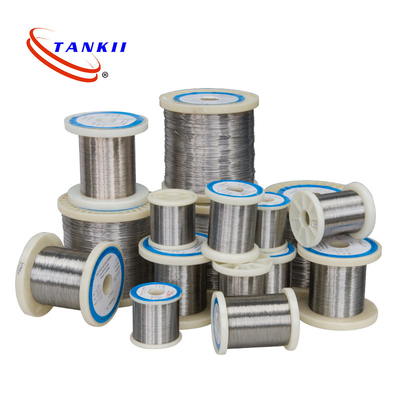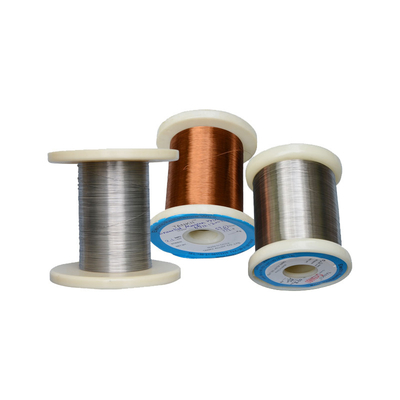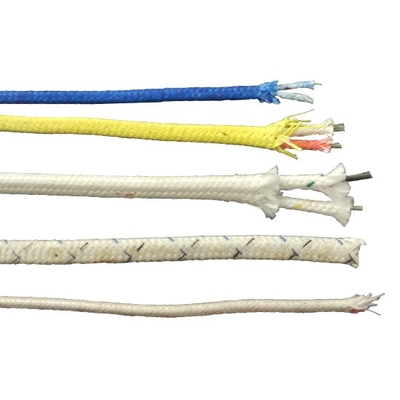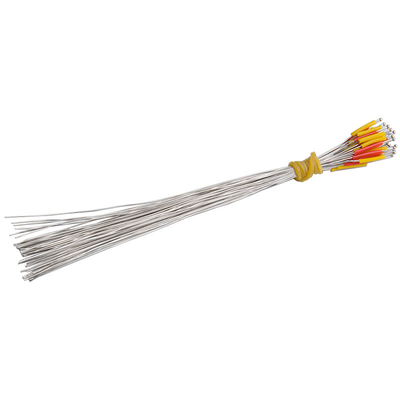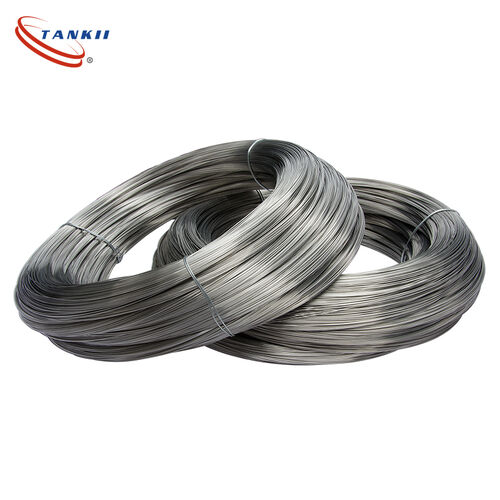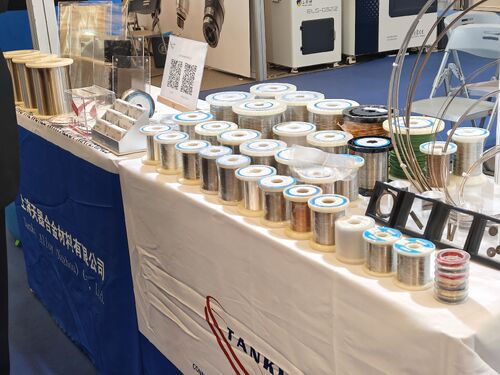Happy New Year: Cheers to New Beginnings with Tankii
2026-01-01
.gtr-container-f8e1d3c5 {
font-family: Verdana, Helvetica, "Times New Roman", Arial, sans-serif;
color: #333;
line-height: 1.6;
padding: 16px;
max-width: 100%;
box-sizing: border-box;
}
.gtr-container-f8e1d3c5 p {
font-size: 14px;
margin-bottom: 1em;
text-align: left;
word-break: normal;
overflow-wrap: normal;
}
.gtr-container-f8e1d3c5 .gtr-heading {
font-size: 18px;
font-weight: bold;
margin-top: 1.5em;
margin-bottom: 1em;
color: #222;
text-align: left;
}
.gtr-container-f8e1d3c5 a {
color: #007bff;
text-decoration: underline;
}
.gtr-container-f8e1d3c5 a:hover {
text-decoration: none;
}
.gtr-container-f8e1d3c5 .gtr-table-wrapper {
overflow-x: auto;
margin-top: 1.5em;
margin-bottom: 1.5em;
}
.gtr-container-f8e1d3c5 table {
width: 100%;
border-collapse: collapse !important;
border-spacing: 0 !important;
margin: 0 !important;
padding: 0 !important;
table-layout: auto;
min-width: 600px;
}
.gtr-container-f8e1d3c5 th,
.gtr-container-f8e1d3c5 td {
border: 1px solid #dee2e6 !important;
padding: 8px 12px !important;
text-align: left !important;
vertical-align: top !important;
font-size: 14px !important;
word-break: normal !important;
overflow-wrap: normal !important;
}
.gtr-container-f8e1d3c5 th {
font-weight: bold !important;
background-color: #f8f9fa;
color: #333;
}
.gtr-container-f8e1d3c5 tbody tr:nth-child(even) {
background-color: #f2f2f2;
}
.gtr-container-f8e1d3c5 tbody tr:nth-child(odd) {
background-color: #ffffff;
}
@media (min-width: 768px) {
.gtr-container-f8e1d3c5 {
padding: 24px;
}
.gtr-container-f8e1d3c5 table {
min-width: unset;
}
}
As the new year dawns, Tankii extends sincere and warm New Year’s greetings to all our overseas visitors, valued clients, and trusted partners around the world!
1. A Universal Celebration of New Beginnings
New Year’s Day is a timeless and universal festival. From the bustling streets of New York to the serene landscapes of Tokyo, from the historic squares of London to the vibrant cities of Sydney, people across time zones and cultures gather to welcome the new year. It’s a moment that transcends borders, symbolizing fresh starts, renewed hope, and the courage to embrace unknown possibilities.
2. Gratitude for a Year of Trust & Collaboration
As we bid farewell to the past year, we take a moment to reflect on our shared journey. Over the past 12 months, we navigated dynamic market changes hand in hand with you. Whether it was customizing solutions to address your unique challenges, collaborating on cross-border projects, or exchanging insights to drive innovation, every interaction has deepened our bond.
Your trust in our expertise, your constructive feedback, and your unwavering commitment to mutual growth have been the cornerstone of our progress. We are truly grateful for these precious collaborations that have shaped our journey.
3. Heartfelt Wishes & Shared Goals
To honor this season of renewal, we’ve summarized our sincere wishes for you and our collaborative goals for the coming year in the table below:
Recipients
New Year’s Wishes
Collaborative Goals for the Year
Valued Clients
Health, prosperity, and the courage to pursue bold goals. May the new year bring breakthrough opportunities and joyful moments with loved ones.
Upgrade technologies to enhance service efficiency, launch personalized support programs, and deliver data-driven solutions aligned with your long-term visions.
Trusted Partners
Sustained growth, innovative breakthroughs, and partnerships rooted in respect. May we turn challenges into opportunities and build shared success.
Launch joint research initiatives, expand regional collaboration networks, and promote sustainable business practices for global community benefits.
Global Friends
Curiosity to explore new ideas, cross-border connections, and a year full of meaningful experiences. May diversity inspire you and small moments bring joy.
Host virtual cross-cultural exchange events, share industry trend reports, and build a global community focused on learning and connection.
4. Our Commitment to Your Success in the New Year
Stepping into this new chapter, Tankii reaffirms our dedication to your success. We will implement three key initiatives:
First, expand our global support team to provide 24/7 assistance across all time zones. Second, invest in employee training to stay at the forefront of industry trends. Third, prioritize transparent communication in every link, from project updates to daily interactions.
5. New Year, New Opportunities with Our Alloy Products
In the new year, we also look forward to deepening cooperation with global partners through our core alloy products. Our Copper Nickel alloy, FeCrAl alloy, Nichrome alloy, Thermocouple alloy, pure nickel, Fe-Ni alloy are widely applicable to aerospace, automotive, energy, and marine industries. With strict quality control and customized production capabilities, we are committed to providing reliable alloy solutions that empower your projects to achieve greater efficiency and innovation.
6. Closing Greetings for the New Year
The new year is a blank canvas, and we are honored to paint it with you—our clients, partners, and global friends. No matter how you choose to celebrate this new start, whether with family, setting new goals, or enjoying quiet moments, know that Tankii is always here to support you, both with sincere service and high-quality alloy products.
From all of us at Tankii, Happy New Year! May this year be filled with prosperity, joy, and endless possibilities. Here’s to new beginnings, stronger bonds, and remarkable achievements we’ll celebrate together through win-win cooperation.
Warm regards, The Tankii Team
Read More

 Your message must be between 20-3,000 characters!
Your message must be between 20-3,000 characters! Please check your E-mail!
Please check your E-mail!  Your message must be between 20-3,000 characters!
Your message must be between 20-3,000 characters! Please check your E-mail!
Please check your E-mail! 





